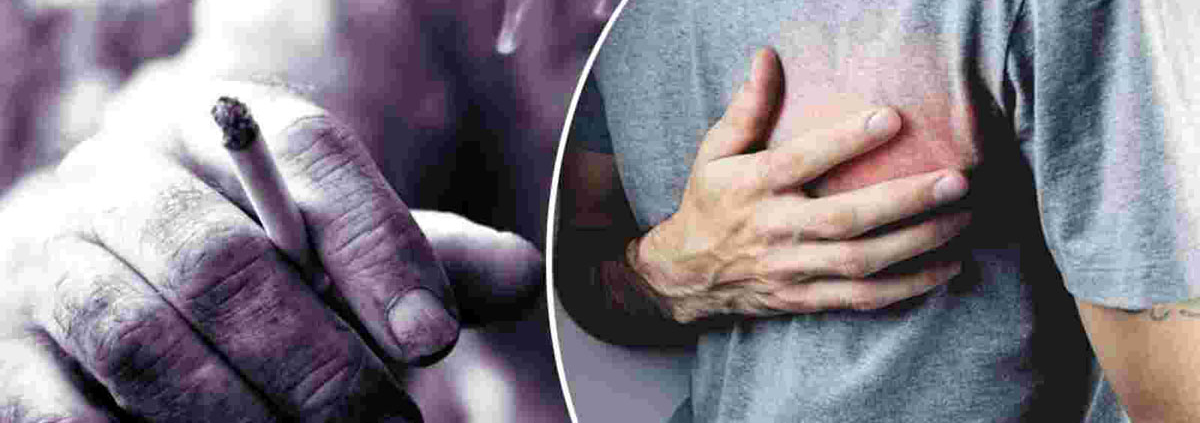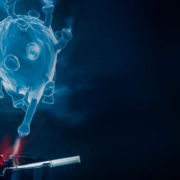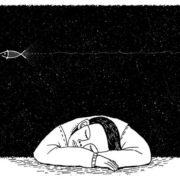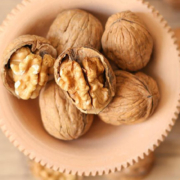Drinking, smoking, and drug use linked to premature heart disease in the young
Recreational drinking, smoking, and drug use is linked to premature heart disease in young people, particularly younger women, finds research published online in the journal Heart.
Those who regularly use 4 or more substances are 9 times as likely to be affected, the findings indicate.
The numbers of new cases of heart disease (atherosclerotic cardiovascular disease) have been increasing in young adults, but the potential role of recreational substance use isn’t entirely clear.
To probe this further, the researchers explored whether the recreational use of tobacco, cannabis, alcohol, and illicit drugs, such as amphetamine and cocaine, might be linked to prematurely and extremely prematurely furred up arteries.
They drew on information supplied to the 2014–2015 nationwide Veterans Affairs Healthcare database and the Veterans with premaTure AtheroscLerosis (VITAL) registry.
Extremely premature heart disease was defined as an ‘event’, such as a heart attack, angina, or stroke before the age of 40, while premature heart disease was defined as an event before the age of 55 in men and before the age of 65 in women.
In all, there were 135,703 people with premature heart disease and 7716 with extremely premature heart disease. They were compared with 1,112, 45 patients who didn’t have premature heart disease.
Recreational use of any substance was independently associated with a higher likelihood of premature and extremely premature heart disease.
Patients with premature heart disease were more likely to smoke (63% vs 41%), drink (32% vs 15%), and to use cocaine (13% vs 2.5%), amphetamines (3% vs 0.5%), and cannabis (12.5% vs 3%).
After accounting for potentially influential factors, such as high blood pressure, diabetes, and high cholesterol, those who smoked tobacco were nearly twice as likely to have premature heart disease while those who drank recreationally were 50% more likely to do so.
Release date: 15 February 2021
Source: BMJ









